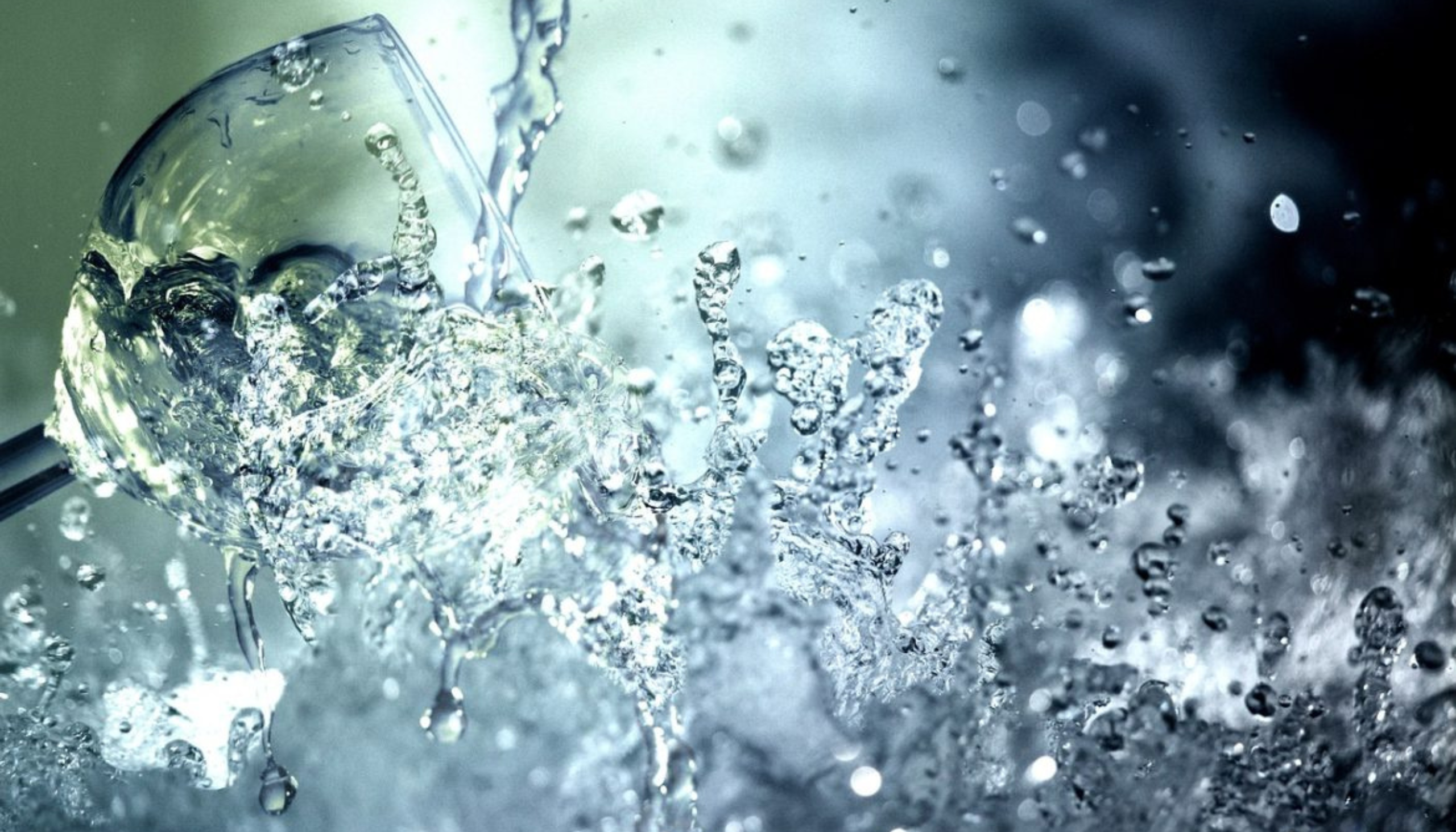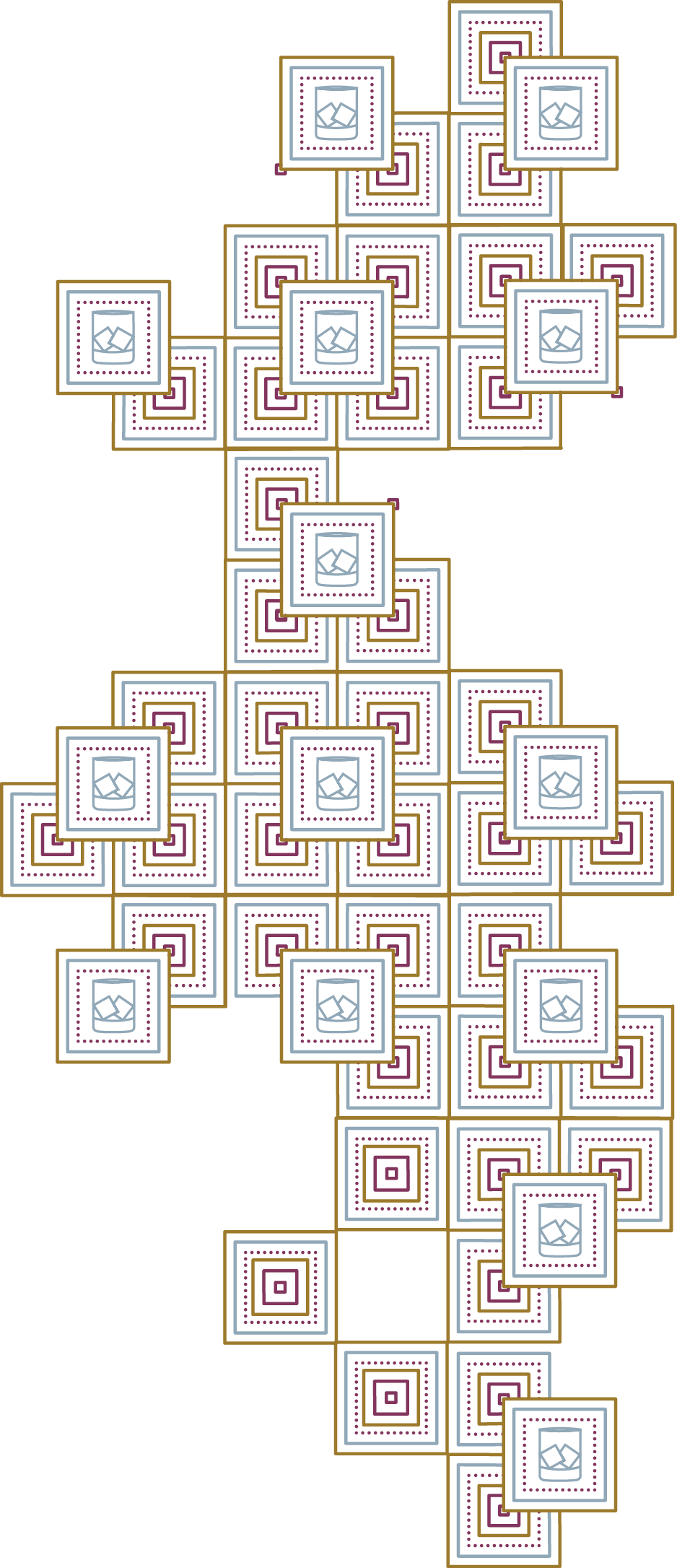Edward Snell & Co. is toasting a sustainable future
Edward Snell & Co., South Africa’s largest independent spirits group, has made notable changes to future-proof its business and chart a path toward a sustainable future. Water is essential to life, and while it is estimated that as much as 70% of the Earth is covered in water, this resource remains critically scarce in some regions and countries. The United Nations Sustainable Development Goal Six pledges “clean water and sanitation for all”.
Despite being surrounded by two oceans, South Africa is categorised as a water-scarce country. Compounded by the triple challenges of inequality, unemployment and poverty, only 7.3 million (43%) households have access to water services across all dimensions of the 2016 Trade and Industrial Policy Strategies survey.
Malfeasance, ineffective service delivery and the mismanagement of available water resources and existing infrastructure continue to trigger water shortages, leaks and other disruptions. Existential factors such as the irregular El Niño and La Niñaweather patterns have in the past exacerbated SA’s water scarcity, leading to threats of Day Zero (water droughts) in various provinces in recent years. This is all against the backdrop of our shifting climate, with extreme weather conditions projected to continue.
Reduce, reuse or recycle: water sustainability
Water is also central to a business’ life, particularly that of a spirits manufacturer. It is the key ingredient in its products. “We get our water from the municipalities where our offices, centres and sites are located. This means we are in competition with local communities for access to this scarce resource,” explains Bayanda Cwazibe, Edward Snell’s supply chain director.
“Through operations analysis, we identified that bottle rinsing was among the processes that consumed and wasted the largest amounts of water. A decision was taken to overhaul our bottle-rinsing system and redesign the machines that execute this function. The new design drastically improved our water retention capability and has delivered as much as 80% water savings during bottle rinsing.”
In addition to re-evaluating existing systems to ensure the company operates more sustainably, it has introduced new facilities and technologies to further optimise, such as a newly commissioned wastewater plant at the Isando production facility. All liquid waste is funnelled to the plant where it is repurified and reprocessed for the use of cleaning services and ablution. “Eventually, our goal is to enhance our purification capability to the extent where wastewater can be used for drinking and product manufacture,” adds Cwazibe.
Solid waste
The National Development Plan (NDP) identifies the need to remove all landfills in the country by 2030 to reduce their environmental impact. One of the central challenges faced by the alcoholic spirits manufacturing industry is that it produces single-use products, which are often disposed of in landfills.
“Unlike liquid waste, solid waste is more difficult to recycle. We currently recycle as much as 75% of our solid waste. Our engineers and product design specialists continuously strive to develop alternative product designs that could allow for an additional 15% of our solid waste to be recycled,” reveals Cwazibe.
This is in conjunction with the business’ transition away from the use of virgin materials to recycled materials in the first instance. This should reduce the amount of solid waste produced, and contribute to the attainment of the NDP goal of removing landfills.
Energy generation
Similarly to the water security issues facing the country, the mismanagement of energy generation resources and infrastructure has led to the present-day predicament of unreliable electricity supply. As President Cyril Ramaphosa encapsulated in his weekly newsletter, “It [loadshedding] has dire consequences for nearly every part of our society, from education to public safety to the provision of health services. Large and small businesses alike are losing money and the energy crisis is endangering investment and our economic recovery.”
Cwazibe adds, “Loadshedding continues to undermine business confidence but, as a resilient business, we’ve invested in future-proofing our company. Our newest distribution centre in Johannesburg, which is currently under construction, will utilise solar power, bringing our total of sustainably powered distribution centres to three (Cape Town, Durban and Johannesburg).”
Leading the industry
The sustainability drive must be an initiative with industry-wide buy-in for it to be consequential. Structures such as the Glass Recycling Company and the PET Recycling Company are among the various bodies, boards and platforms that Edward Snell supports and participates in, and which are dedicated to environmental protection through recycling. These structures are invaluable spaces to lobby and leverage industry partners for meaningful change, explains Cwazibe. “As a company, we have also embarked on a journey to attain ISO 14001 certification. ISO is a set of standards and frameworks that assure a company, regardless of its activity or sector, has measured and improved its environmental impact. This is a lofty ambition that will take time to achieve; however, we are committed to adhering to the best global standards and practices.”
Empowering the community
Inclusive growth should be inherent to sustainable development. This translates into the importance of empowering and upskilling the local communities located within a company’s vicinity. “K1 Recycling is a township-based recycling company that has been absorbed into Edward Snell’s enterprise development programme. The company is one of the biggest buyers and sellers of all kinds of waste scrap in Katlehong, and they also teach communities about the importance of recycling, separation-at-source and the countless entrepreneurship opportunities available to young people within the green economy,” explains Cwazibe.
Tsepho Mazibuko, K1’s CEO, says the contribution that the operation received as part of the enterprise development programme was not only for K1 but for the upliftment of the community of waste pickers. “With the recycling plant up and running, we will be able to buy and collect more recyclables from the community and pay better rates per kilogramme. In townships, most families survive on collecting recyclables, so having more people collecting waste means a cleaner environment and indirectly creates much-needed employment.”
South Africa’s drinking culture
South Africa has the sixth highest adult per capita consumption in ml of absolute alcohol, although only 43% of adult men in the country drink, as do about one in five women, according to the World Health Organization. Put differently, the country has a drinking culture that threatens its future prosperity.
“We’ve initiated various initiatives to help conscientise the public about drinking responsibly. We fully support and participate in Aware.org and its efforts to create a socially responsible drinking culture. We’re also reducing the spirits percentage of our products – and our partnership with Lyres, the world’s leading non-alcoholic spirits manufacturer, is a continuation of these efforts to help consumers drink more responsibly,” says Cwazibe.
“For years, corporations were infamously renowned for being solely concerned with protecting the interests of their shareholders. The goal was simply to maximise profits and efficiencies, without much consideration of the impact that this pursuit-of-profits had on communities and the environment.”
Edward Snell’s motto is “the pursuit of greatness for good”, and the company is charting a more holistic approach to growth. “Corporate social responsibility as well as environment, social and governance initiatives are helping foster wholesome relationships with stakeholders and communities throughout the supply chain. While our internal improvements are future-proofing the business and ensuring it is on track for a sustainable future,” concludes Cwazibe.


